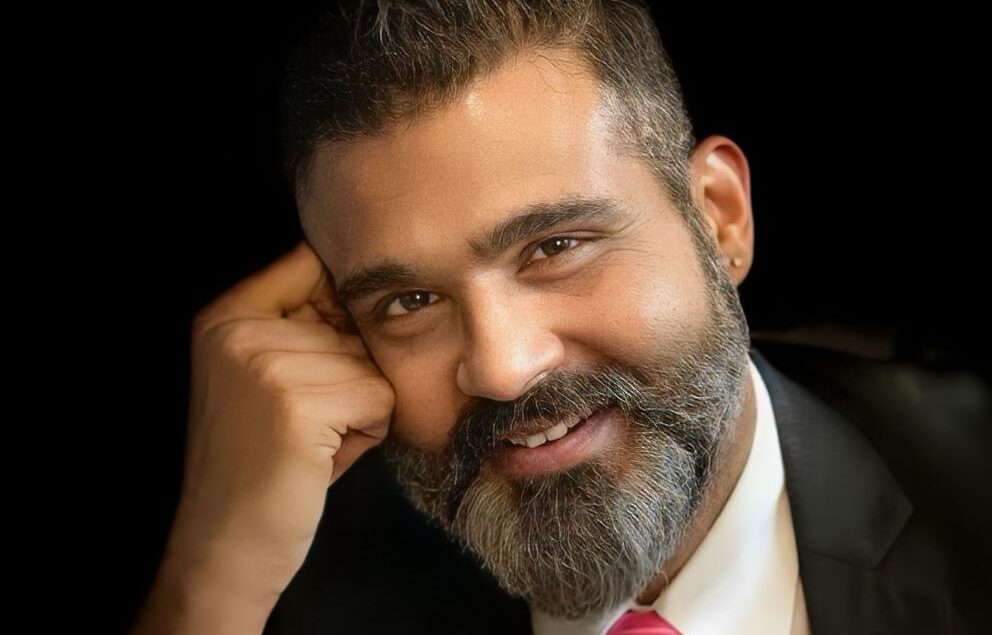Division in public health policy halts smoking rate decline in some countries

Dr. Rohan Andrade de Sequiera, a cardio-metabolic physician with more than 25 years experience in India and the United Kingdom
A widening divide among public health policymakers is preventing millions of smokers from switching to less harmful alternatives, according to tobacco harm reduction (THR) advocates.
Dr. Marewa Glover, a leading public health researcher from New Zealand, said a “culture war” between prohibitionist groups and THR advocates who promote less harmful options is hindering progress in public health efforts to combat smoking.
Cigarette alternatives that don’t burn and don’t produce smoke, such as e-cigarettes, heated tobacco products, and oral nicotine pouches are promoted as less harmful alternatives under THR.
These products contain nicotine that, while an addictive, does not lead to cancer.
These products do not burn or produce smoke which contains toxic chemicals. Hence, the chances of disease are lessened.
She said prohibitionist groups are using tactics to force their beliefs on others.
“As a professor of public health, I’m concerned about many threats to public health,” Glover said at the recent Global Forum on Nicotine.
“The strategies being used include canceling people and threatening those who won’t comply with their public health agenda.”
This prevents more smokers from switching to potentially less harmful alternatives to traditional cigarettes, THR supporters said.
“One strategy in this culture war is to create polarization, split people, facilitate doubt, create fear, and encourage people to feel anger towards those people who have a different point of view,” Glover said at the forum in Warsaw, Poland.
Glover was among the panelists who discussed the nature of the THR debate, including the goals of different factions and tactics such as misinformation, emotional appeals and personal attacks.
Dr. Rohan Andrade de Sequeira, a cardio-metabolic physician with more than 25 years of experience in India and the United Kingdom, cited India’s e-cigarette ban as an example of a policy misguided by this “culture war.”
“The ban actually led to a surge in youth vaping,” Sequeira said.
“A complete ban creates a black market for these products, removes regulatory oversight, and exposes users to potentially dangerous, unregulated devices,” he noted.
“The moment the vape ban came into place, there was a sudden surge in the usage of devices among the youth, which basically did the exact opposite of what it was supposed to have done. There should have been a regulation,” he said.
“Whenever you have any kind of prohibition, whether it’s drugs or alcohol, you just drive the whole thing underground. And then you see this booming black market. You don’t have any regulatory control over that. You don’t get any taxes out of that,” Sequiera pointed out.
“You’re getting products which have no quality control, no quality analysis,” he added.
“That makes the entire matter worse, because now, people are falling sick because of inferior quality products,” he lamented.
Sequeira also denied that vaping is a “gateway” to smoking, especially among young people.
“In 2018, there was a survey which was conducted in India that 20 million kids in the age group of 10 to 14 smoked at least 5 to 10 cigarettes a year,” he recalled.
“That’s more than the population of some countries, and in the last 24 hours, 650,000 kids in India smoked a cigarette every day. What gateway are we talking about?” he asked.
Sequeira said misinformation also exists within the medical community.
“The issue is that 95 percent to 99 percent of doctors in India have no clue what THR is. And everything about THR is all based on perceptions and miscommunication, misrepresentation and false messaging,” he said.
Both Glover and Sequeira stressed the importance of education and countering misinformation to promote informed decision-making among medical professionals and the public.
Global Forum on Nicotine conference director Jessica Harding said more than 100 million people worldwide have already switched to vaping and other THR products to quit smoking.